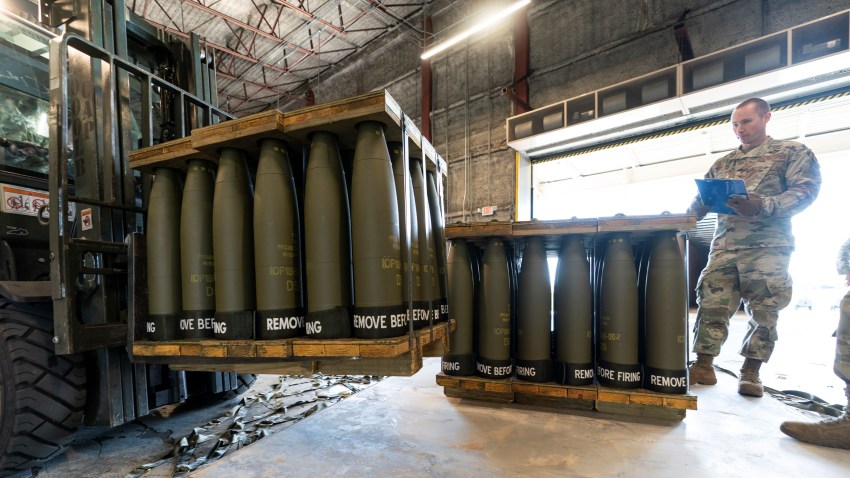Last week, the U.S. defense contractor Raytheon won a $1.2 billion contract from the U.S. Defense Department to produce additional surface-to-air missile systems as part of Washington’s efforts to help arm Ukraine. The Ukrainian military is highly reliant on weapons provided by the U.S. to counter Russian aggression, and those weapons, at least to this point in the war, have come from existing stores. Now new production is needed, not only for further deliveries to Ukraine, but also to help replenish U.S. stockpiles that have been nearly depleted due to Washington’s contribution to the Ukrainian war effort.
The lucrative Raytheon contract is a follow-on from a similar one awarded in August, and that’s not the last of it for the U.S. defense industry. Congress has allowed the Pentagon to engage in more multiyear procurement deals, largely for munitions, in order to incentivize the U.S. defense industry to restart production lines that had been mothballed due to sufficient stockpiles on hand. As with the Raytheon contract, this change is in response to the how the war in Ukraine has drained U.S. supplies of critical munitions.
War is hell, to quote the U.S. Civil War general, William Tecumseh Sherman. But for large and politically influential defense contractors, it is also good business. This is fueling claims among some NATO allies that the U.S. is profiting from the war. As an anonymous European official remarked recently, “The fact is, if you look at it soberly, the country that is most profiting from this war is the U.S. because they are selling more gas and at higher prices, and because they are selling more weapons.”

